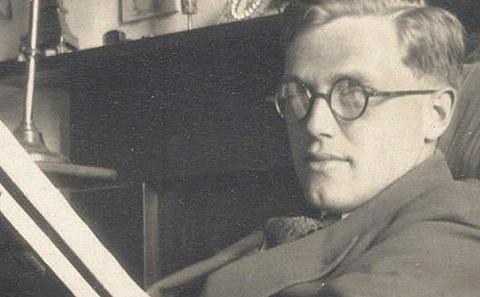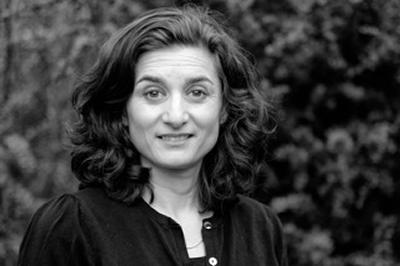Jewish Conversion and Catholic Networks in Early Modern Rome Seminar

- Time:
- 18:00
- Date:
- 22 November 2016
- Venue:
- Lecture Theatre C, Avenue Campus
For more information regarding this seminar, please email The Parkes Institute at parkes@soton.ac.uk .
Event details
Part of The Parkes Institute's Research Seminar Series for 2016/2017.
Jewish Conversion and Catholic Networks in Early Modern Rome
Conversionary sermons to the Jews of Rome were a public spectacle: attending them was both a tourist attraction for visitors and an act of devotion for locals. This talk will examine how a wide range of elite patrons, religious orders, church institutions, and prominent scholars all worked to support this new display of Roman piety, and how their support evolved over the early modern period. Through their activities, we see how conversionary preaching remained vital to a changing Catholic Church, and how the idea of Jewish conversion served the goals of early modern Catholicism.
This seminar will be chaired by Dr François Soyer.

Speaker information
Dr Emily Michelson, University of St. Andrews. Dr Emily Michelson, University of St. Andrews. Emily Michelson is a cultural and religious historian of early modern Italy at the University of St Andrews. She is the author of 'The Pulpit and the Press in Reformation Italy' (Harvard University Press, 2013), which asked how Catholic preachers in Italy reacted to the pressures of the Protestant and Catholic Reformations. Her current project, 'Imaginary Jews in Early Modern Rome', has received major funding from Villa I Tatti, the British Academy, and the AHRC. This project examines conversionary preaching to the Jews of Rome. It uses this popular spectacle as a lens on the workings of the early modern Catholicism and the early modern city of Rome, during a period when both the Church and the city were greatly transformed.